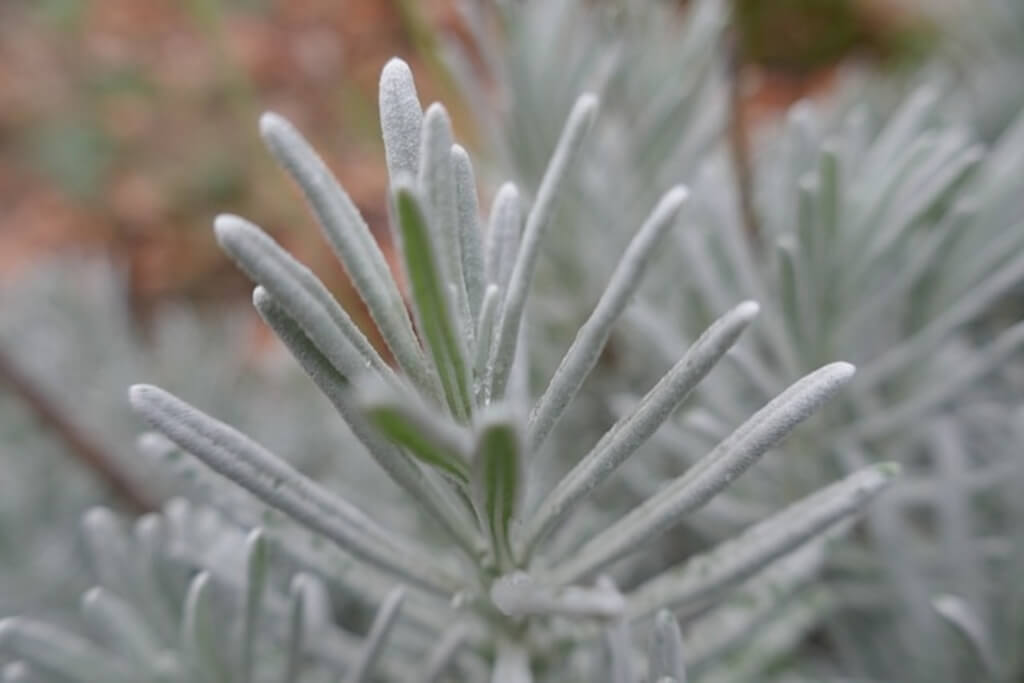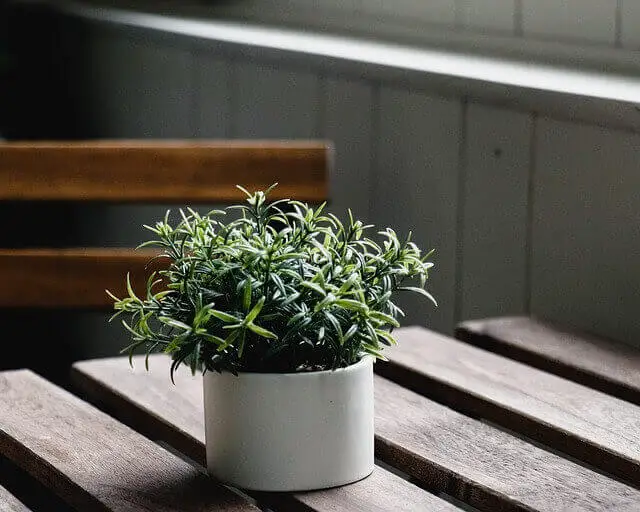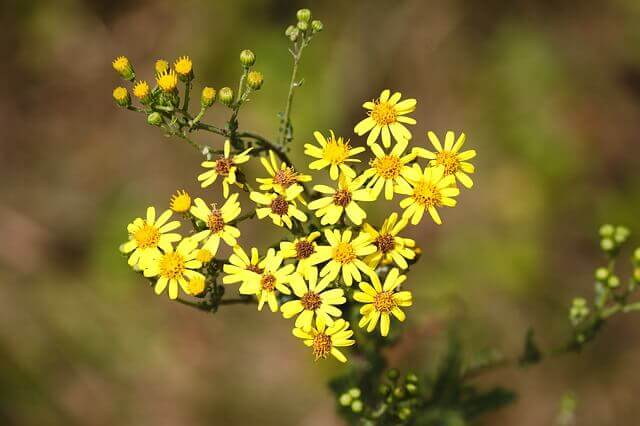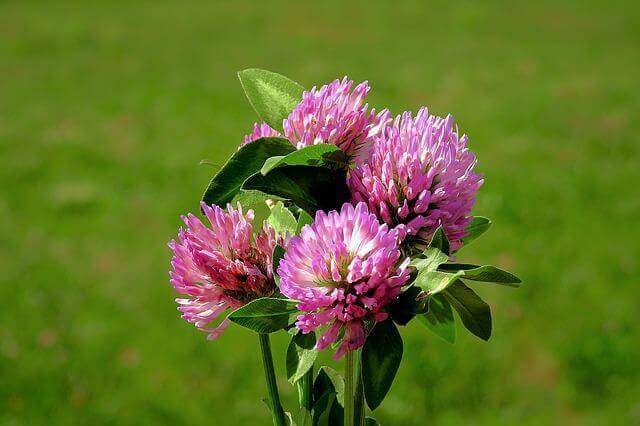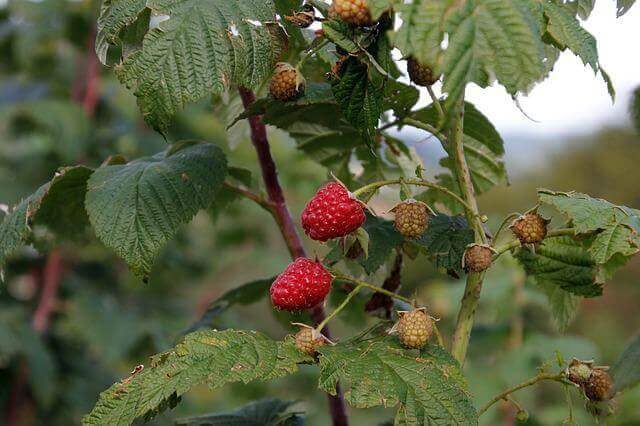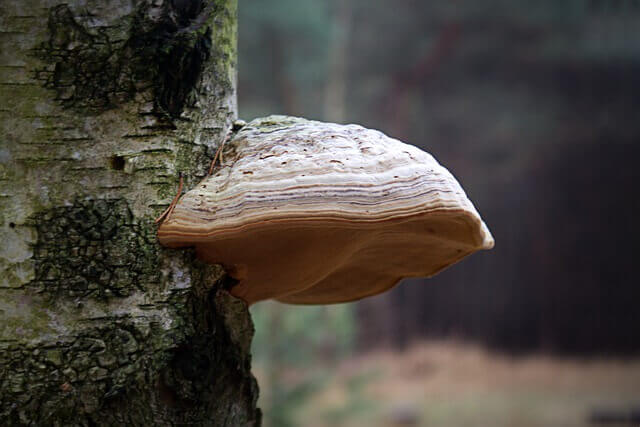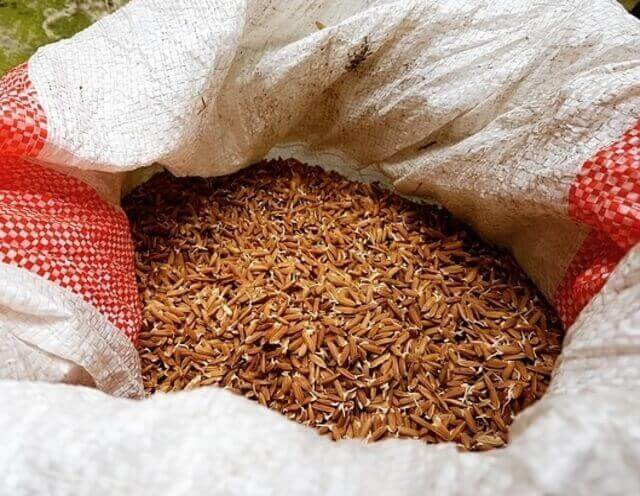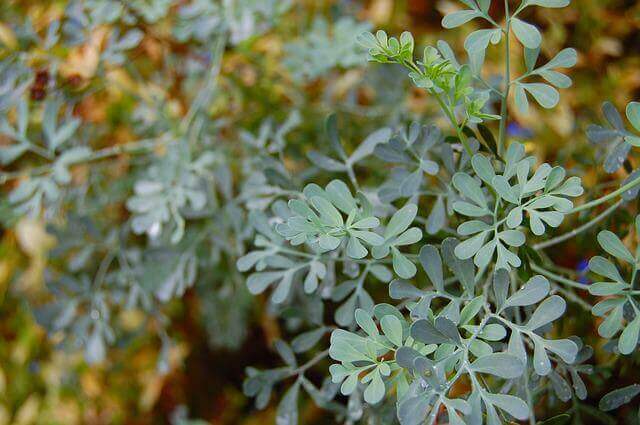9 Herbs And Spices That Start With R (You Must Know!)
In this article, we will explore 9 Herbs And Spices That Start With R. These herbs and spices are not only used in cooking, but also have health benefits.
When it comes to natural herbs and spices, there are a variety of options that are available for people to consume. While many of these substances can provide health benefits, it’s important to always practice caution when using them, and to consult with your doctor before consuming them.
Some herbs and spices can have interactions with prescription medications, so it’s important to be aware of any potential risks. Additionally, not all herbs and spices are safe for everyone to consume.
Some people may have allergies or sensitivities to certain herbs and spices, so it’s best to start out slowly when incorporating them into your diet.
By being mindful of the potential risks associated with natural herbs and spices, you can enjoy their many benefits while staying safe.
Table of Contents
Herbs And Spices That Start With R
Rosemary
The herb rosemary is a perennial member of the mint family. It has needle-like leaves and small, white flowers. The rosemary plant grows best in Mediterranean climates. Rosemary has been used for centuries for its medicinal and culinary purposes.
Rosemary is a versatile herb that can be used in both sweet and savory dishes. It has a strong flavor that can be overpowering if used too much. Rosemary is often used in marinades, rubs, and sauces. It can also be added to vegetables, meat, breads, and desserts.
Rosemary is high in antioxidative properties and has anti-inflammatory effects. It may help improve memory function and cognitive skills. Rosemary is also believed to have cancer-fighting properties.
Related Post:
- 51 Fun Facts About Rosemary (with Photos & Information)
- 14 Benefits of Growing Rosemary at Home
- How to Grow Rosemary at Home? (A Step-By-Step Guide)
Ragwort
Ragwort (Senecio jacobaea) is a herbaceous perennial plant that is native to Europe and Asia, but has been introduced to North America and other parts of the world. The plant has yellow flowers and grows up to three feet tall.
Ragwort contains a number of toxins that can cause liver damage, so it should not be eaten. However, the plant has a number of beneficial uses.
Ragwort can be used as a natural pesticide and herbicide. The plant can also be used to make a tea that is high in antioxidants.
Red Clover
Red clover (Trifolium pratense) is a wildflower that is native to Europe and Asia, but has been naturalized in North America. The plant can be found in meadows, fields, and pastures. It has a reddish stem and tri-lobed leaves. The flowers are pink or purple and are about 1-inch across.
Red clover has been used for centuries as a medicinal herb. It is believed to have a number of benefits, including reducing inflammation, preventing cancer, and stimulating the immune system. Red clover is also high in antioxidants and minerals, such as calcium and magnesium.
Red clover can be eaten fresh or cooked. It can be added to salads or smoothies, or cooked into dishes like soup or stew. Red clover is also available in capsule form or as an extract supplement.
Red Raspberry
Red raspberry leaf is a plant that is found in many parts of the world. The leaves and fruits of the red raspberry plant have been used for medicinal purposes for centuries. The leaves are dried and used to make tea, which is thought to be helpful in easing menstrual cramps, nausea, and vomiting.
Some people also believe that red raspberry leaf tea can help improve labor outcomes. Additionally, the fruit of the red raspberry plant can be eaten fresh or used to make jams, jellies, and pies. Red raspberry is also sometimes added to supplements marketed for pregnant women.
Although there are some potential benefits associated with consuming red raspberry leaf, there are also some dangers that should be considered. For example, consuming large amounts of red raspberry leaf tea during pregnancy may result in low birth weight or premature delivery.
Reishi
Reishi, also known as lingzhi, is a Chinese herb that has been used for over 2,000 years. It is considered a “superior” herb and is believed to have many health benefits. Some key uses and benefits of reishi include:
· Boosting the immune system
· Reducing inflammation
· Supporting cardiovascular health
· Fighting cancer cells
· Helping with sleep problems
· Reducing stress levels
Reishi is also known to be a powerful antioxidant and has been shown to help protect against cell damage. Additionally, it has anti-inflammatory and antiviral properties. Although reishi is generally considered safe, there are some potential dangers associated with its use. For example, it may interact with certain medications or increase the risk of bleeding.
Rosewood
The rosewood tree is a 60 ft tall, evergreen tree that is found in Iran and other parts of the Middle East. The essential oil from the tree is used in perfumes and cosmetics. It has a woodsy, floral scent.
The Rosewood tree has many uses and benefits, such as being used for furniture, construction, and musical instruments. The essential oil of the rosewood tree is used in aromatherapy and has many benefits, including reducing anxiety and improving sleep.
Rosewood is known to be a relaxant, and it can help to relieve stress and anxiety. However, there are also dangers associated with using rosewood oil, including skin irritation and breathing problems. It can be toxic if taken in large doses, and it should not be used by pregnant women or people who are taking medication.
Spices That Start With L
Red Rice Powder
Red rice powder is a type of rice that has been ground into a fine powder. It can be used in cooking, or it can be taken as a dietary supplement.
Red rice powder is a good source of antioxidants, magnesium, and vitamin B6. It also contains some fiber and protein. Some potential benefits of red rice powder include improved blood sugar control, better heart health, and reduced inflammation.
There are some dangers associated with red rice powder as well. It can interact with certain medications, and it may not be appropriate for everyone to take.
Rue
Rue has been used for centuries in both the culinary and medicinal arts. The herb is known for its many benefits, including aiding in digestion, preventing infection, and helping to expel gas.
Rue can also be used to make a tea that is beneficial for the respiratory system. Additionally, rue is a powerful antiseptic and can be used to treat wounds and other skin infections.
However, rue should not be taken internally by pregnant women as it can cause miscarriage. Rue is also poisonous in high doses, so care should be taken when using this herb.
Rice Paddy Herb
Rice paddy herb, or rice paddy onion (Allium chinense), is a plant that is used in traditional East Asian cuisine. It has a long white stalk and green leaves. The bulb is also edible and can be eaten raw or cooked.
Rice paddy herb has a number of beneficial properties, including anti-inflammatory and antioxidant effects. It’s also a great dietary source of vitamins A and C.
Rice paddy herb can be cooked in a variety of ways, including stir-frying, boiling, and steaming. However, it should not be eaten raw in large quantities as it may have harmful effects on the liver.
Related Post:

